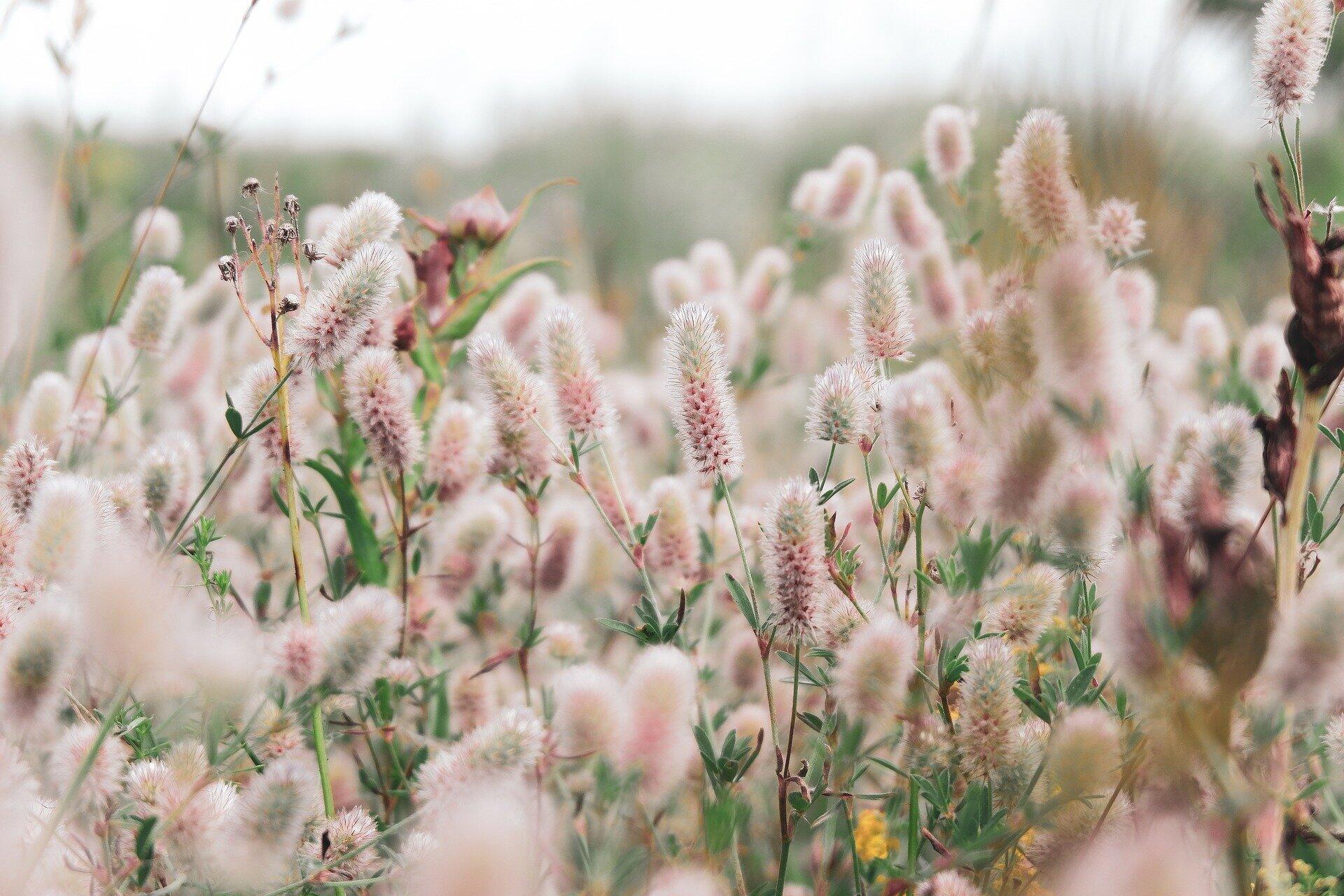Sustainable home development via increased MIK

In the project, an educational model for intergenerational film production about the future of local natural and cultural heritage in Västra Götaland and Europe is created.
Based on historical and contemporary image material, new perspectives are launched on how local natural and cultural heritage can be saved and used in the long term.
Given today's age-segregated society, questions about cooperation between generations appear increasingly relevant. From a natural and cultural heritage perspective, questions about how different generations practically and visionarily relate to what "sustainable living" means appear to be at least as relevant.
By gaining insight into what "sustainable living" once meant for the local environment via visual archive sources, Sustainable home development via increased MIK offers important inputs and answers to these kinds of questions.
The project structure increases the participants' ability to critically relate to and actively communicate what they consider to be worthwhile and necessary to preserve. In their joint work with local issues around sustainability, they simultaneously clarify their own potential role and function and how they, through photography and film together with others, can influence historiography and local environment.
Such insights appear to be in particular demand today when local issues and visions of natural and cultural heritage are often derived from global challenges that are disseminated digitally and audiovisually.
The project structure means that Sustainable Homes via MIK addresses fundamental democratic questions about place and the environment, similar to those highlighted in the Landscape Convention, and which, among other things, underlines that "the landscape is a shared asset and a shared responsibility" which leads to "improved protection, management and planning of European landscapes.”
The project particularly highlights the social importance of the landscape and underlines the importance that people of different ages can and should participate actively in the evaluation and management of this landscape.
The project develops a pedagogical model that increases the participants' social commitment and participation in democratic processes.
Partners
Sustainable home development via MIK is made possible thanks to the collaboration between:
- Mediapoolen Västra Götaland AB
- Filmpedagogerna
- The region of Gothenburg
- Västra Götalandsregionen/Cultural development
- University of Gothenburg
- Visual Arena
- Participants from a community association and a middle school class

